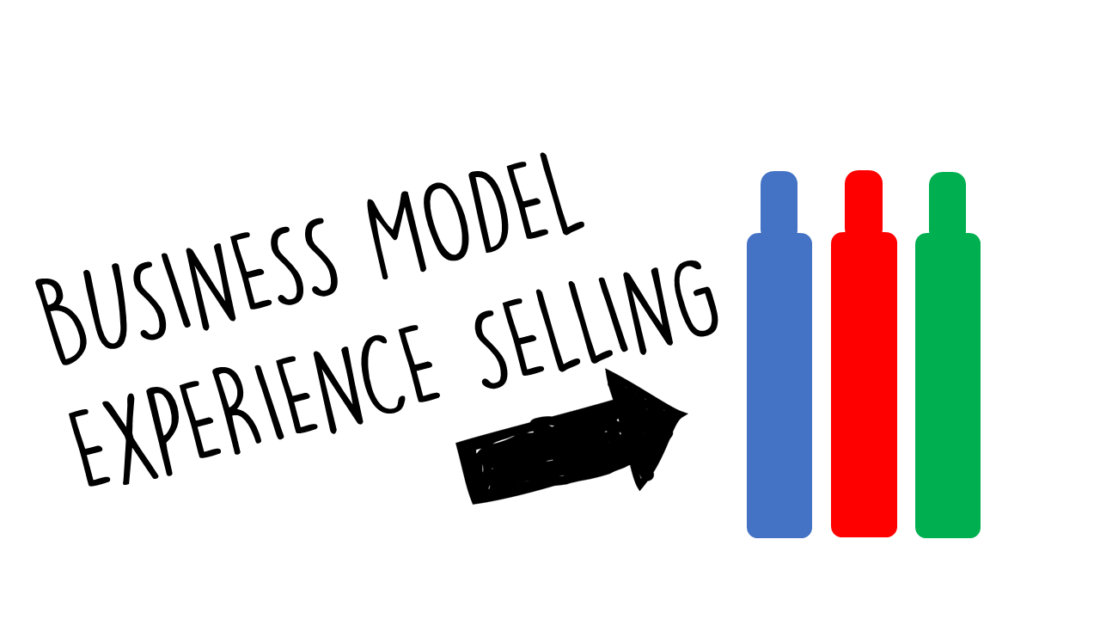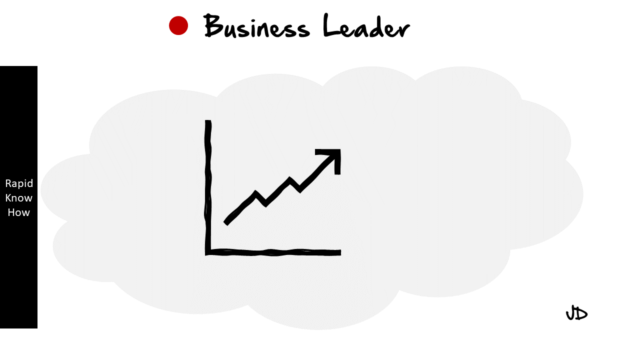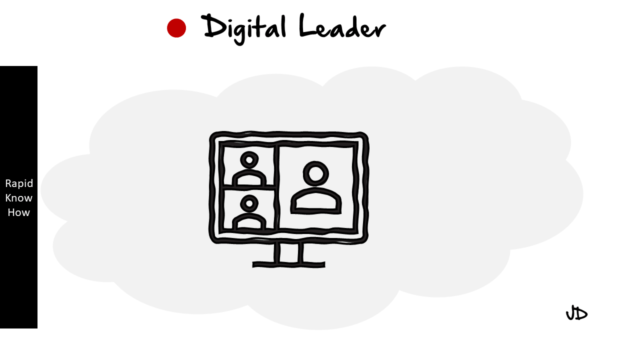Introduction
The industrial gas industry plays a crucial role in various sectors, including manufacturing, healthcare, and energy. Industrial gases are essential for a wide range of applications, such as welding, cutting, and heating processes. As the demand for these gases continues to grow, selling becomes an integral part of the industry. Selling industrial gases involves understanding customer needs, building strong relationships, and providing tailored solutions. In this article, we will explore the origins of selling in the industrial gas industry, the shift towards modern selling techniques, the impact of technology on the sales process, the importance of building strong relationships, customization and specialization, sustainability, leveraging data and analytics, adapting to changing market dynamics, and the future of selling industrial gases.
The Origins of Selling Industrial Gases: A Historical Overview
The industrial gas industry has a rich history that dates back to the 19th century. The development of this industry can be attributed to pioneers like Carl von Linde and William Hampson, who made significant advancements in the production and distribution of gases. In the early days, selling industrial gases was not as prominent as it is today. The focus was primarily on developing efficient production methods and establishing distribution networks.
However, as the industry grew and competition increased, selling became a crucial aspect of the business. Companies realized that they needed to actively promote their products and services to attract customers and gain a competitive edge. This marked the beginning of a shift towards a more sales-oriented approach in the industrial gas industry.
Traditional Methods of Selling Industrial Gases: A Look at the Past
In the early days of selling industrial gases, companies relied on traditional methods such as door-to-door sales and personal relationships. Sales representatives would visit potential customers in person to introduce them to the benefits of using industrial gases for their specific applications. These face-to-face interactions allowed salespeople to build trust and establish long-term relationships with customers.
Trust and reputation played a significant role in the industry. Customers relied on the expertise and reliability of the salesperson to ensure that they were getting the right gases for their needs. Companies with a strong reputation for quality and customer service were more likely to succeed in selling industrial gases.
The Shift Towards Modern Selling Techniques in the Industrial Gas Industry
As the industrial gas industry continued to evolve, companies started to adopt more modern selling techniques. They began to establish dedicated sales teams and develop strategies to target specific customer segments. Salespeople were trained to have in-depth product knowledge and technical expertise, allowing them to provide valuable insights and recommendations to customers.
The shift towards modern selling techniques also involved a greater emphasis on customer education. Salespeople became educators, helping customers understand the benefits of using industrial gases and how they could improve their processes. This approach not only helped companies differentiate themselves from competitors but also built trust and credibility with customers.
Embracing Technology: How Digitalization is Transforming the Sales Process
In recent years, the industrial gas industry has embraced technology to streamline the sales process. Companies have adopted digital tools and platforms to enhance their sales efforts. These tools include customer relationship management (CRM) systems, online ordering portals, and mobile applications.
Digitalization has brought numerous benefits to the industry. It has made it easier for sales teams to manage customer relationships, track sales activities, and access real-time data. It has also improved communication between salespeople and customers, allowing for faster response times and more efficient order processing.
The Importance of Building Strong Relationships in Selling Industrial Gases
Building strong relationships with customers is crucial in selling industrial gases. Trust and loyalty are key factors that influence purchasing decisions in this industry. Customers need to have confidence in the reliability and expertise of their suppliers.
Salespeople play a vital role in building these relationships. They need to understand their customers’ needs, provide personalized solutions, and deliver exceptional customer service. By going above and beyond to meet customer expectations, salespeople can establish long-term partnerships and secure repeat business.
Customization and Specialization: Catering to the Unique Needs of Customers
One of the key challenges in selling industrial gases is catering to the unique needs of customers. Different industries and applications require specific gas mixtures and delivery methods. Salespeople need to have a deep understanding of their customers’ industries and applications to provide tailored solutions.
Customization and specialization have become increasingly important in the industrial gas industry. Companies that can offer customized solutions and adapt to changing customer requirements are more likely to succeed. Sales teams need to be knowledgeable about the latest industry trends and technologies to provide the best possible solutions to their customers.
The Role of Sustainability in the Evolution of Selling Industrial Gases
In recent years, there has been a growing focus on environmental impact and sustainability in the industrial gas industry. Customers are increasingly looking for eco-friendly solutions that minimize their carbon footprint. This has led to a shift towards greener gases and technologies.
Selling industrial gases now involves offering sustainable solutions to customers. Sales teams need to be knowledgeable about the environmental benefits of different gases and technologies. They need to educate customers about the positive impact of using these solutions and help them make informed decisions.
Leveraging Data and Analytics: Enhancing Sales Strategies in the Industrial Gas Sector
Data and analytics have become invaluable tools for sales teams in the industrial gas sector. By leveraging data, companies can identify trends, understand customer preferences, and improve sales forecasting. This allows them to develop more effective sales strategies and make data-driven decisions.
Sales teams can use data to identify potential upsell and cross-sell opportunities, target specific customer segments, and optimize pricing strategies. By analyzing customer data, companies can also identify areas for improvement in their sales processes and customer service.
Adapting to Changing Market Dynamics: Navigating Challenges in the Industry
The industrial gas industry is subject to market fluctuations and intense competition. Companies need to be agile and adaptable to navigate these challenges successfully. Sales teams play a crucial role in helping companies stay ahead in a rapidly evolving industry.
To adapt to changing market dynamics, sales teams need to stay informed about industry trends, technological advancements, and customer needs. They need to continuously update their knowledge and skills to provide the best possible solutions to their customers. By staying ahead of the competition, companies can maintain a competitive edge and drive growth.
The Future of Selling Industrial Gases: Anticipating Trends and Innovations
Looking ahead, the future of selling industrial gases is likely to be shaped by technological advancements and changing customer expectations. Companies will need to embrace new technologies and business models to stay relevant in the industry.
One trend that is expected to continue is the adoption of digital tools and platforms. Companies will increasingly rely on data analytics, artificial intelligence, and automation to enhance their sales processes. This will enable them to provide more personalized solutions, improve customer experiences, and drive efficiency.
Another trend is the growing importance of sustainability. As environmental concerns continue to rise, customers will demand greener solutions from their industrial gas suppliers. Companies that can offer eco-friendly gases and technologies will have a competitive advantage in the market.
Conclusion
Selling industrial gases is a complex process that requires a deep understanding of customer needs, strong relationships, and continuous adaptation. The industry has come a long way from its early days, with sales becoming an integral part of the business. From traditional methods of door-to-door sales to modern techniques leveraging technology and data analytics, selling industrial gases has evolved significantly.
Building strong relationships with customers, customization and specialization, sustainability, leveraging data and analytics, and adapting to changing market dynamics are all key factors that contribute to success in selling industrial gases. Looking ahead, companies will need to embrace new technologies and business models to stay ahead in a rapidly evolving industry. Continuous adaptation and innovation will be crucial for success in selling industrial gases.




